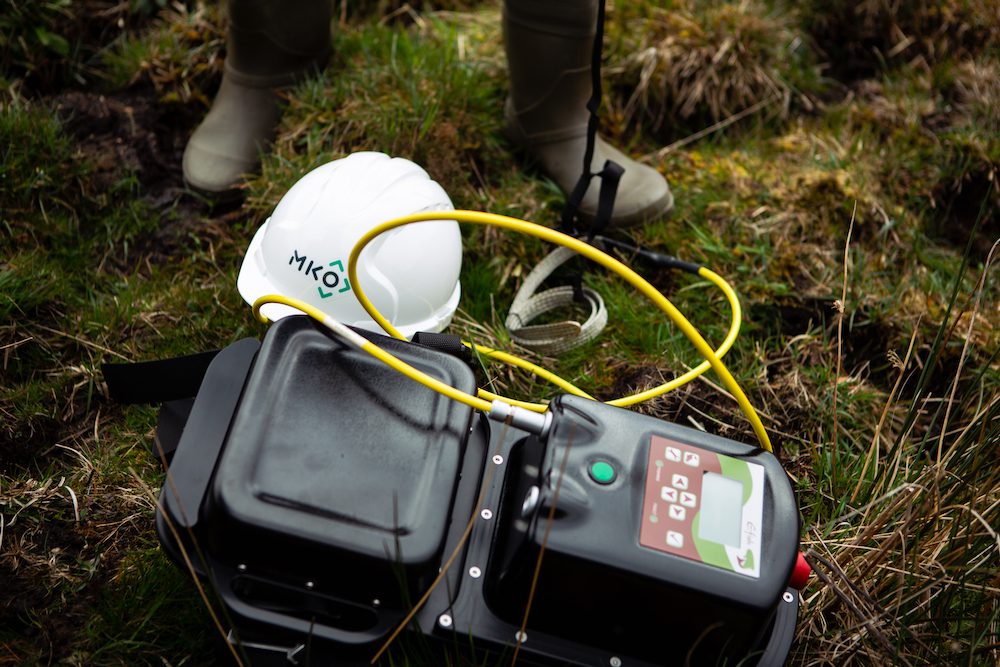Ecology
Our Ecology Team is one of Ireland’s largest, full-time professional ecology practices.
We work nationwide, and our expertise spans all aspects of terrestrial, freshwater, coastal and marine ecology. We work across the public and private sectors and provide strategic advice to clients on complex ecological issues, including interactions with the planning and other consent processes. We produce high-quality ecological outputs that can facilitate the delivery of Ireland’s largest infrastructure and conservation projects.
Experts in this field
Key contacts for our Ecology team
-

John Hynes
Ecology Director
E:
-

Pat Roberts
Principal Ecologist
E:
-

Corey Cannon
Project Director, Ecology
E:
-

Sarah Mullen
Project Director, Ecology
E:
Case Study







